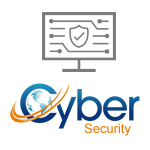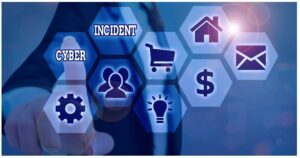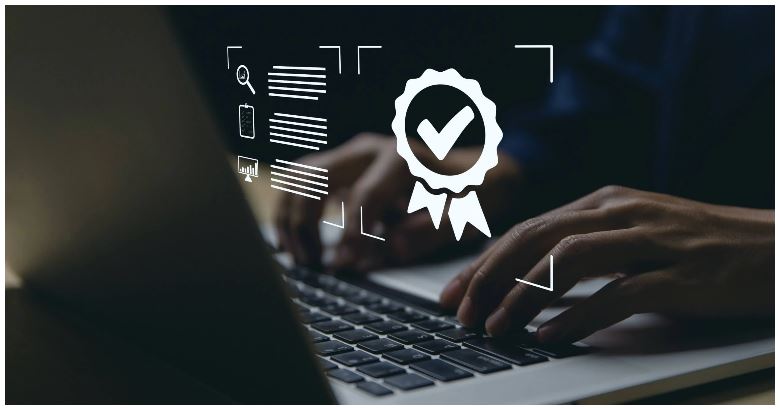Ensuring a safe digital/online environment involves adopting various best practices to protect your personal information, data, and online presence. Here are some essential practices:
- Strong and Unique Passwords: Use complex passwords that include a mix of upper and lower case letters, numbers, and special characters. Avoid using easily guessable information like birthdays or names. Additionally, use unique passwords for each online account to prevent widespread compromise if one gets breached.
- Two-Factor Authentication (2FA): Enable 2FA whenever possible. This adds an extra layer of security by requiring a second form of verification (such as a one-time code sent to your phone) in addition to your password.
- Keep Software Updated: Regularly update your operating system, web browsers, and all software applications. These updates often include security patches that protect against known vulnerabilities.
- Be Cautious with Emails and Links: Avoid clicking on suspicious links or downloading attachments from unknown sources, as these could be phishing attempts or contain malware.
- Use Secure Wi-Fi Connections: When accessing the internet in public places, use Virtual Private Networks (VPNs) to encrypt your data and protect against potential eavesdropping.
- Secure Social Media Profiles: Adjust privacy settings on social media platforms to control what information is visible to the public. Be cautious about sharing sensitive or personal details online.
- Regular Data Backups: Back up important data regularly to an external hard drive or a cloud service. This will ensure you have access to your information even in case of data loss or ransomware attacks.
- Install Antivirus and Security Software: Use reputable antivirus and security software to protect your devices from malware and viruses.
- Educate Yourself and Others: Stay informed about the latest online threats and educate yourself, your family, and employees about safe online practices.
- Be Wary of Scams: Be cautious about offers that seem too good to be true, especially involving financial transactions or personal information requests.
- Limit Personal Information Sharing: Be cautious about sharing excessive personal information on online platforms and restrict access to sensitive information.
- Monitor Accounts Regularly: Regularly review your online accounts and financial statements for any suspicious activity. If you notice any unauthorized transactions, report them immediately.
- By adopting these practices and maintaining vigilance, you can significantly reduce the risks and create a safer digital environment for yourself and those around you.






